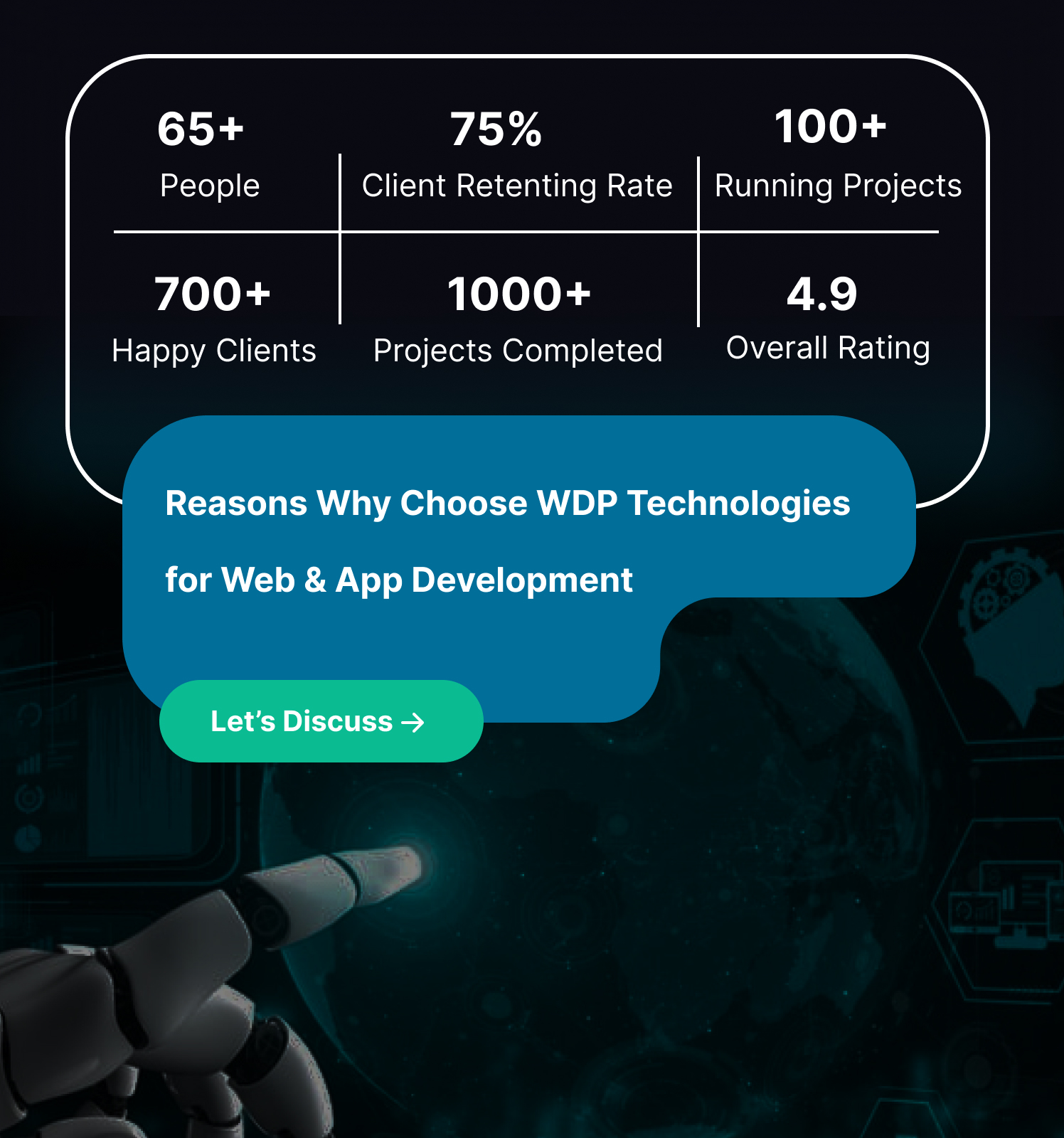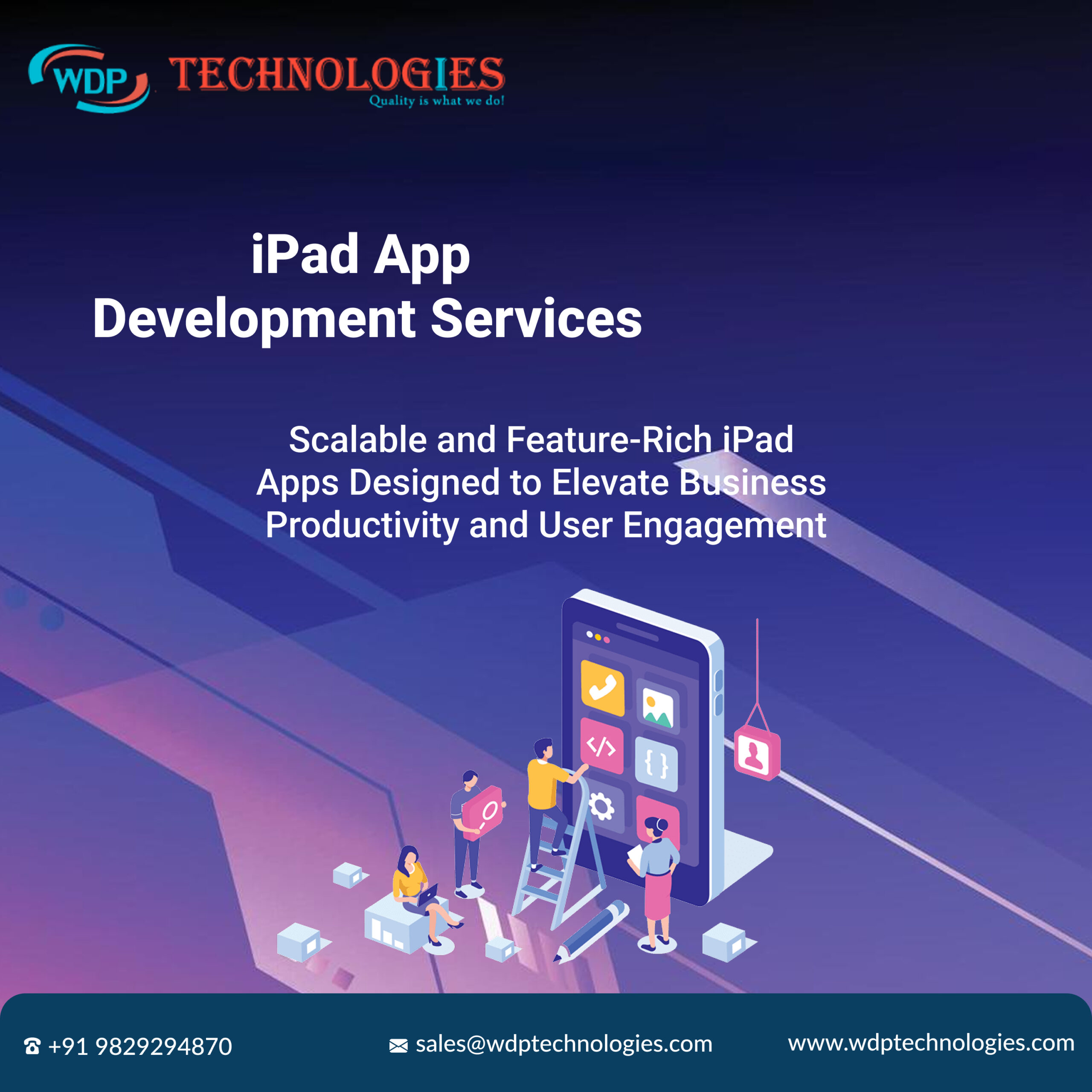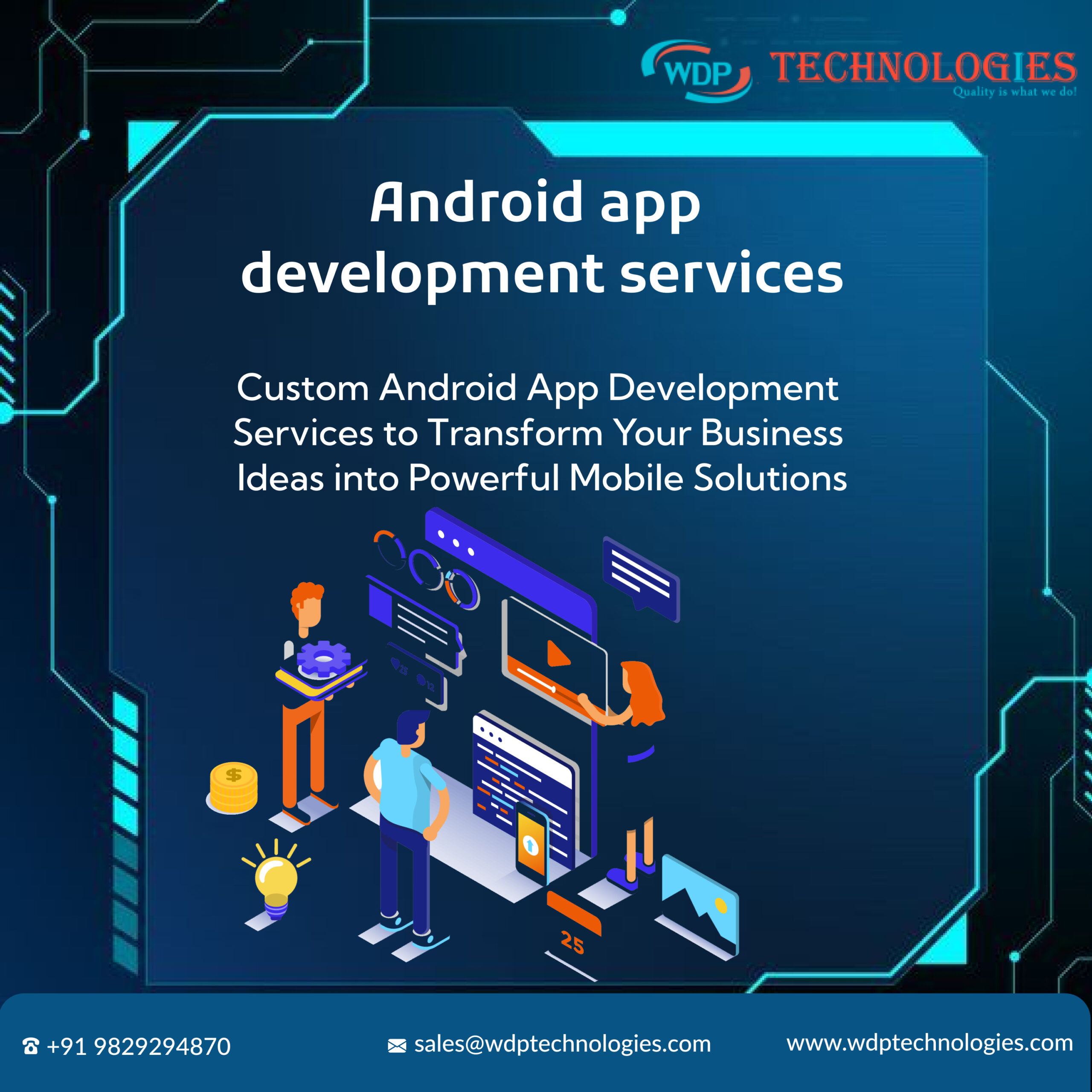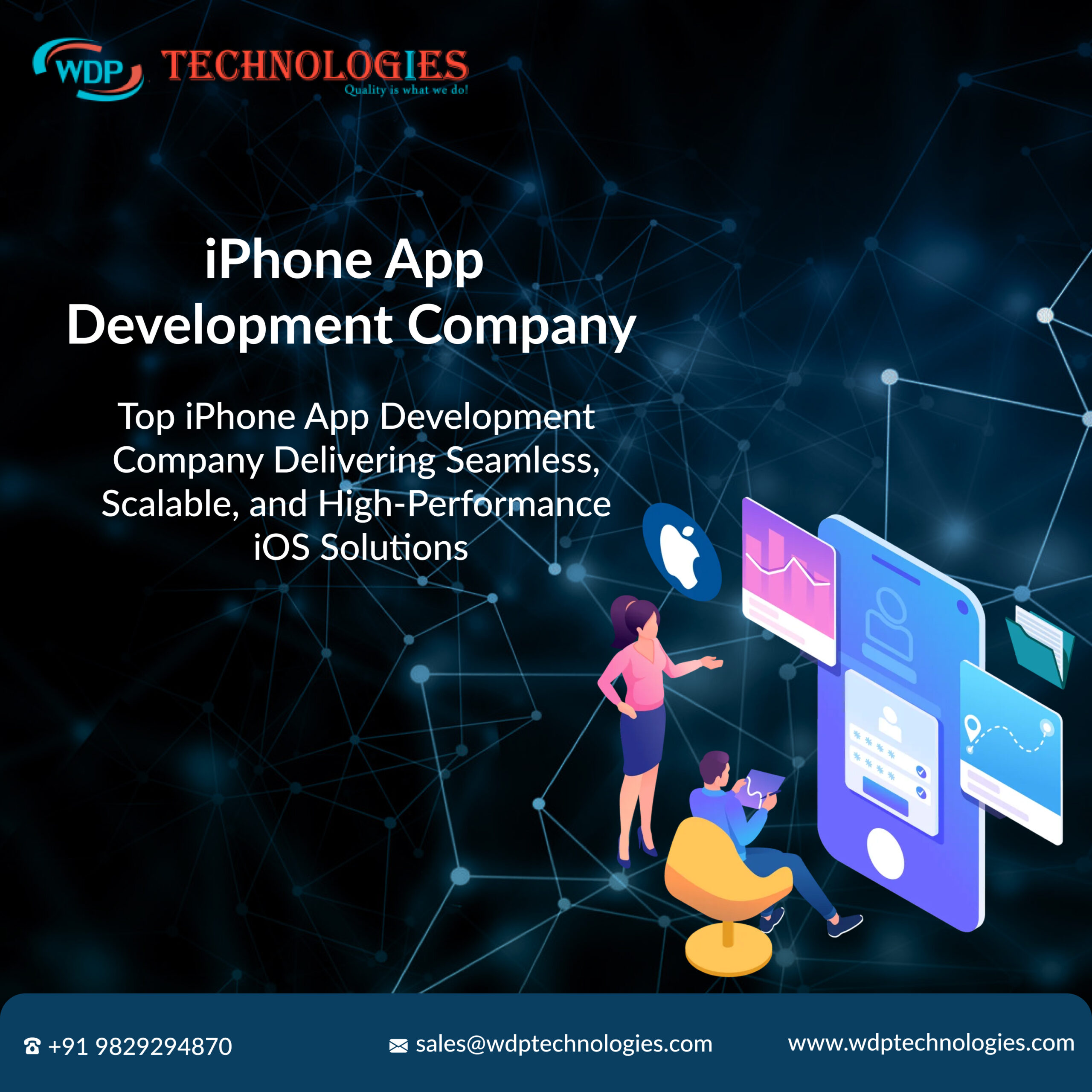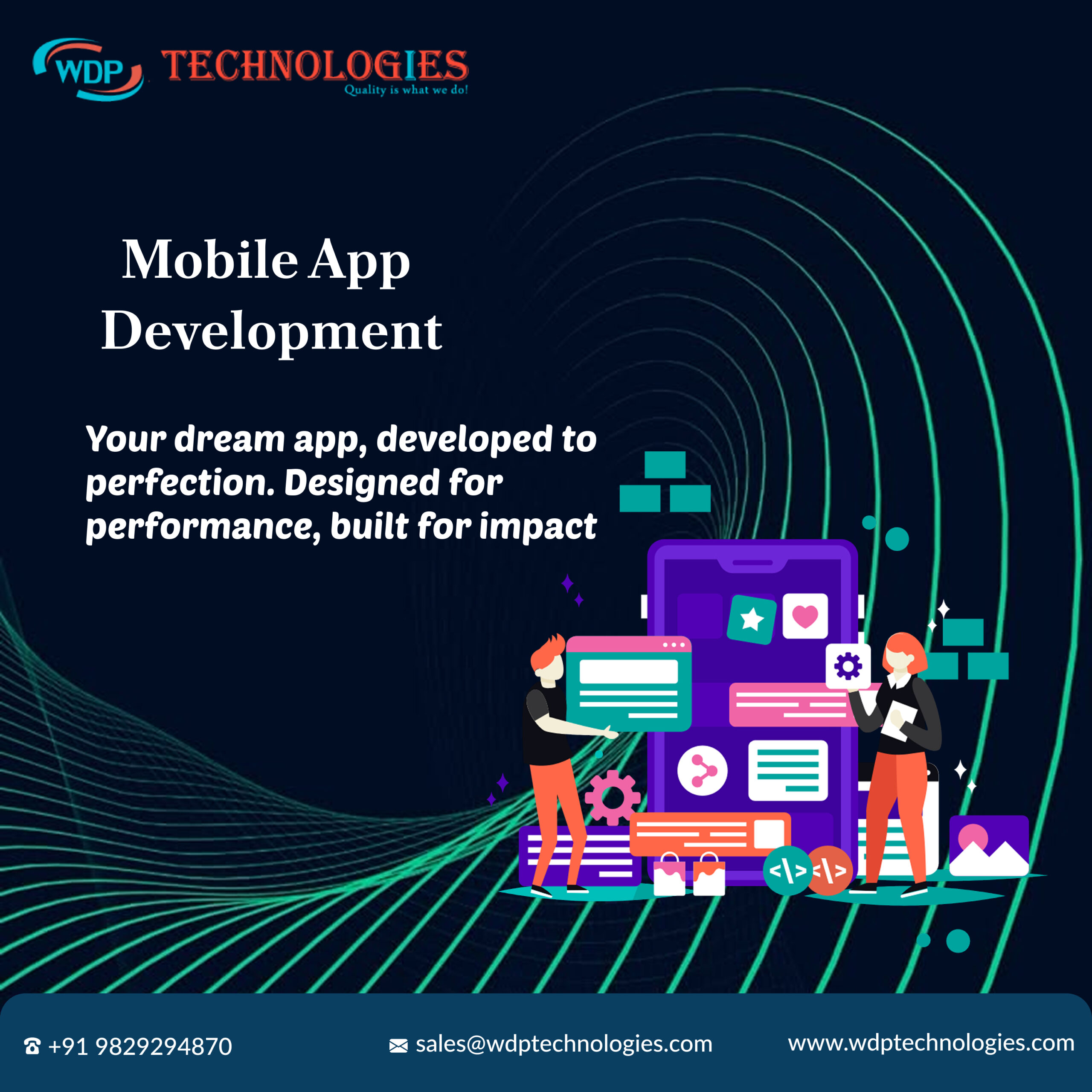In today’s digital age, travelers increasingly turn to their smartphones to research and book hotels. This shift in consumer behavior has made hotel booking apps a must-have for hoteliers looking to stay competitive. But with so many options available, you might be wondering: how much does it cost to develop a hotel booking app?
The truth is, there’s no one-size-fits-all answer. The hotel booking app development cost depend on several key factors, which we’ll explore in this blog post. By understanding these factors, you can get a better idea of the investment required and make informed decisions throughout the development process.
Investing in a Hotel Booking App Worth It in 2024
investing in a hotel booking app in 2024 can be a smart move, but careful planning and differentiation are crucial for success. Carefully weigh the pros and cons, and conduct thorough market research to determine if an app aligns with your business strategy.
1. Pros Factors:
🔹Growing Market: The hotel booking app market is booming, with a projected value of $7.64 billion in 2024. This indicates a strong demand for mobile booking solutions.
🔹Convenience for Travelers: Travelers increasingly use smartphones to research and book hotels. A user-friendly app can provide a seamless booking experience, giving you a competitive edge.
🔹Increased Revenue: Studies show that hotels with booking apps see a rise in direct bookings, potentially leading to higher profit margins.
🔹Brand Building and Guest Loyalty: A well-designed app can strengthen your brand identity and foster guest loyalty through features like exclusive offers and loyalty programs.
2. Cons Factors:
🔹Competition: The market is crowded with established players like 🔹Booking.com and Airbnb. Your app needs a unique selling proposition (USP) to stand out.
🔹Development Cost: Developing a high-quality app with necessary features can be expensive and increase hotel booking app development cost.
🔹Maintenance and Marketing: Keeping your app updated and effectively marketed requires ongoing investment.
Key Factors Shaping Hotel Booking App Development Cost
Several major factors influence the development cost of a hotel booking app. you can effectively estimate the cost of developing a hotel booking app and plan your budget accordingly.
1. App Features
Simple apps with search, booking, and account management features will cost less compared to feature-rich apps with functionalities like secure payment processing, social media integration, push notifications, real-time chat, and in-app guest messaging.
2. Development Platform
Developing for both iOS and Android requires more resources and time compared to a single platform (iOS or Android). Consider your target audience and their dominant mobile OS.
3. Development Team:
App Developer hourly rates can vary significantly depending on their geographical location. Senior developers with extensive experience will command a higher premium compared to junior developers.
4. Design Complexity
A custom web design user interface (UI) and user experience (UX) will provide a unique and branded feel, but it will also be more expensive compared to using pre-built templates.
5. Tech Stack
The programming languages, frameworks, and libraries used to build your app can influence the development cost. Some technologies require more specialized developers, which can impact the overall budget.
6. Maintenance & Updates:
Keeping your app secure, functional, and up-to-date requires ongoing maintenance and updates. Factor this into your long-term budget.Allocating resources for continuous development and support should be factored into your long-term budget to ensure your app remains competitive and delivers value to users over time.
7. App Store Fees:
Both Apple’s App Store and Google Play Store charge fees for listing apps. Apple requires an annual fee of $99 for individuals and $299 for organizations, along with a 30% commission on revenue from paid apps and in-app purchases. Google, on the other hand, has a one-time registration fee of $25 and also takes a 30% cut of revenue. These fees enable developers to access the vast user bases of both platforms and distribute their apps to millions of users worldwide.
8. Payment Processing Integration:
Integrating a secure payment gateway for transactions might incur additional fees. When planning your budget for app development and maintenance, it’s crucial to account for these potential costs to ensure smooth and secure payment processing for your users.
Let’s discuss your project requirements and provide you with a tailored estimate.
Estimated Hotel Booking App Development Cost
The hotel booking app development cost can vary significantly depending on various factors such as features, platform (iOS, Android, or both), complexity, design, and the development team’s hourly rate. However, I can provide you with a rough estimate based on industry standards.
1. Basic Features:
These include user registration/login, search functionality, booking, payment integration, and basic profile management. For a basic version, this might take around 400-600 hours of development.
2. Advanced Features:
Advanced features could include things like geolocation-based search, reviews and ratings, multiple language support, push notifications, loyalty programs, and integration with third-party APIs (like Google Maps, TripAdvisor, etc.). These could add another 200-400 hours to the development time.
3. App Design:
Design is crucial for user experience. Depending on the complexity of the design, it could add 100-300 hours to the development process.
Testing and Quality Assurance: This is essential to ensure that the app works smoothly across different devices and scenarios. Testing could take around 100-200 hours.
4. Platforms:
Average hourly rate for a development team is around 15$-20$ per hour, depending on their location and expertise level.
Here’s a rough breakdown:
- Basic version (400-600 hours) = $10,000 to $15,000
- Advanced features (200-400 hours) = $8,000- $10,000
- Design (100-300 hours) = $5,000
- Testing and QA (100-200 hours) = $5,000
So, the total cost could range from $20,000 to $25, 000 or even more, depending on the specifics of your project. Keep in mind that these are rough estimates, and actual costs may vary. It’s always a good idea to discuss your project with a development team to get a more accurate quote based on your requirements.
How to Reduce Hotel Booking App Development Cost?
Reducing the cost of hotel booking app development can be achieved through several strategies. Here are some tips:
1. Minimum Viable Product (MVP):
Start with a basic version of your app that includes only essential features. This allows you to launch quickly and gather feedback from users, which can inform future development iterations.
2. Prioritize Features:
Focus on features that provide the most value to users and align with your business goals. Avoid adding unnecessary bells and whistles that can increase development time and costs.
3. Use Open Source Tools:
Leverage open-source technologies and frameworks to build your app. This can significantly reduce development costs as you won’t have to reinvent the wheel for common functionalities.
4. Outsource Development:
Consider outsourcing certain aspects of development to countries with lower labor costs. Just ensure you choose a reputable development team that can deliver quality work.
5. Cross-Platform Development:
Instead of building separate apps for iOS and Android, consider using cross-platform development frameworks like React Native or Flutter. This allows you to write code once and deploy it on multiple platforms, saving time and resources.
6. Cloud Services:
Utilize cloud services for hosting, storage, and other backend functionalities. This eliminates the need to invest in expensive infrastructure upfront and allows for scalability as your user base grows.
7. Iterative Development:
Adopt an iterative development approach where you continuously release updates and improvements based on user feedback. This allows you to spread out development costs over time and prioritize features based on user demand.
8. Optimize Design & User Experience:
Invest in user research and design to ensure your app is intuitive and easy to use. A well-designed app can reduce support costs and improve user retention.
9 Streamline Testing and QA:
Implement automated testing processes to identify and fix bugs early in the development cycle. This reduces the time and effort required for manual testing and ensures a higher quality product.
10. Negotiate with Service Providers:
When selecting third-party services or APIs for your app, negotiate pricing to get the best deal possible. Many service providers offer discounts or custom pricing for startups and small businesses.
How Hotel Booking App Makes Money?
Hotel booking apps typically generate revenue through various monetization strategies. Here are some common ways hotel booking apps make money:
1. Commission on Bookings:
This is one of the primary revenue streams for hotel booking apps. They earn a commission for each hotel booking made through their platform. The commission percentage can vary, but it’s usually a percentage of the total booking value.
2. Featured Listings:
Hotels can pay to have their listings featured prominently on the app’s search results or homepage. This increases their visibility to users and can lead to more bookings. Featured listings are often displayed based on factors like location, popularity, or user ratings.
3. Advertising:
Hotel booking apps can display ads from third-party advertisers, such as other travel-related businesses or local attractions. These ads can be displayed within the app’s interface, such as banners or interstitials, and can be targeted based on user demographics and behavior.
4. Subscription Services:
Some hotel booking apps offer subscription-based services to users. These may include premium features like exclusive deals, discounts, or access to special offers. Users pay a monthly or yearly subscription fee to access these benefits.
5. Booking Fees:
In addition to commission on bookings, some hotel booking apps may charge users a small booking fee for each reservation made through the platform. This fee is typically added to the total booking cost and helps cover transaction processing costs.
6. Partnerships and Affiliates:
Hotel booking apps can form partnerships with other travel-related businesses, such as airlines, car rental companies, or tour operators. They can earn referral fees or commissions for driving bookings or traffic to these partner businesses.
7. Data Monetization:
Hotel booking apps collect valuable user data, such as travel preferences, booking history, and demographics. They can monetize this data by selling anonymized insights to third-party companies for market research, targeted advertising, or personalized offers.
8. In-App Purchases:
Some hotel booking apps offer in-app purchases, such as virtual currency or premium content, that users can buy to enhance their booking experience or unlock additional features.
Why Choose WDP Technologies For Hotel Booking App Development
Choosing WDP Technologies for hotel booking app development offers a blend of expertise, innovation, and reliability. With a proven track record in crafting user-centric and feature-rich applications, WDP Technologies understands the nuances of the hospitality industry. Leveraging cutting-edge technologies and agile methodologies, they ensure rapid development cycles and seamless integration of essential features such as intuitive booking interfaces, secure payment gateways, and real-time availability updates. Their customer-centric approach emphasizes collaboration and flexibility, ensuring that the final product meets both client expectations and market demands.
Final Wrapping
with careful planning and a strategic approach, you can build a user-friendly and successful hotel booking app without breaking the bank. By providing value to both travelers and hotels, your app can become a revenue generating powerhouse in the competitive hospitality industry.
So, are you ready to embark on your hotel booking app development journey? With the right knowledge and a focus on value creation, you can find the perfect price point for your app’s success.


